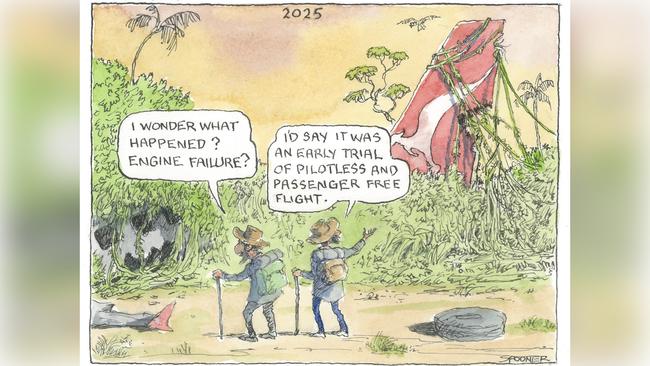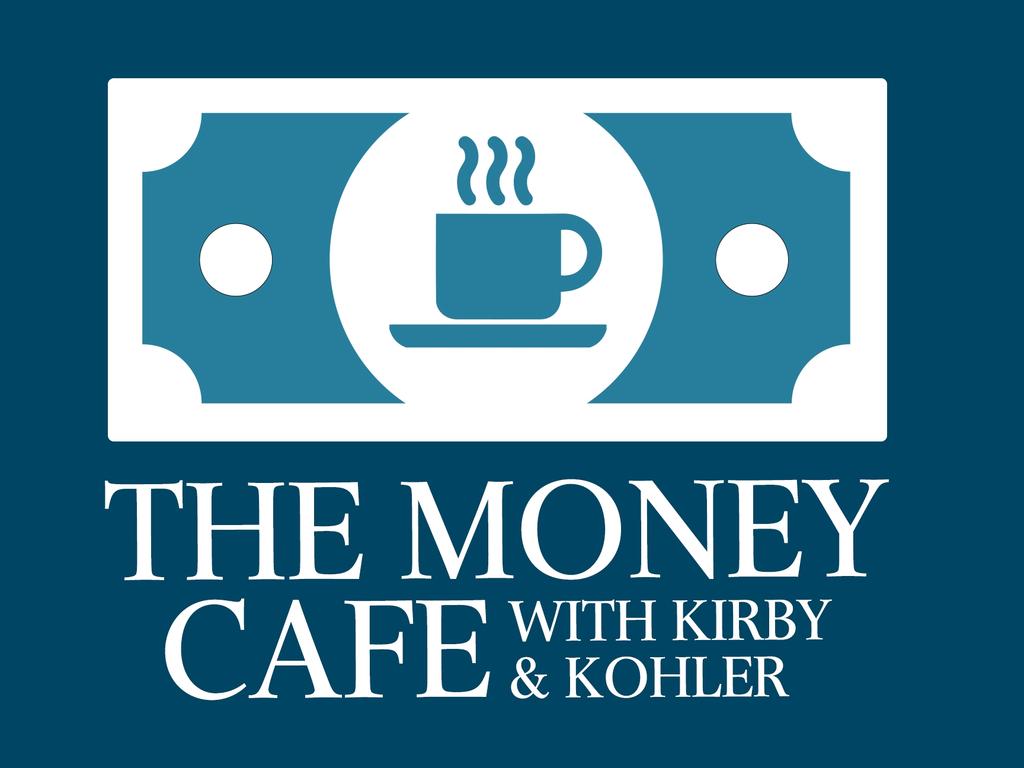
Both companies are in a world of pain, mainly thanks to their business being shut down by the government for COVID-19 reasons. But while the latter is in administration, Joyce will be raising $1.9bn to lift his cash levels to just over $5bn.
Qantas earns roughly two-thirds of its money from loyalty and domestic travel, which by year’s end should be back to at least 70 per cent capacity. But that, it must be noted, is outside Joyce’s control.
The 6000 staff cuts unveiled on Thursday were not aimed at Virgin; they were simply required to keep the company afloat.
While Joyce was doing what any competent boss should be doing the message would no doubt be clear in Canberra that the COVID-19 shutdown had an immediate and severe impact.
In his public pronouncements Joyce went out of his way to drum the message home, citing the many families working for Qantas who were now out of work, and it goes without saying the flow-on effect through the sector and the community will be huge.
While the equity raising was enthusiastically backed, one of the risks cited by Qantas stated the obvious, saying there was “considerable uncertainty as to when Qantas will be able to resume its normal operations”. This is not exactly a bullish point for the stock.
The big push is to get costs out, which explains why 6000 jobs are permanently gone and another 15,000 are on standby hoping the national borders are opened.
In February Qantas employed 29,000 people so 21 per cent are now going while 65 per cent of those left are waiting on government decisions to see if they can return.
In all, $15bn is planned to be cut in next three years through a range of initiatives like permanently grounding the 747 jumbo fleet, reducing fleet numbers from 11 to eight to make management easier and keeping debt levels low at around $4.7bn.
There will be a one-off charge of $2.8bn to cover writedowns and staff cuts.
Joyce and his management team haven’t taken a wage since the end of March and he plans to keep it that way through July which, it must be said, is a commendable commitment open to all listed executives but made by few.
Joyce is not quite on the poverty line having over the last five years earned $65.7m in cash ($20.4m) and stock which puts him among the top five earners on the bourse.
He also ranks as the 15th biggest Qantas shareholder with 2.7 million shares which means like other retail holders he will be buried by the capital raising, which is issuing close to 30 per cent more shares.
Since reporting a $2.4bn loss in 2014, Qantas has bought back just over 30 per cent of its stock so at least it has bought back more than it is issuing.
Chair Richard Goyder spent approximately 1.5 seconds in deciding whether to extend Joyce’s term until the end of 2023 and that was exactly the right call. Even though by then he will have served 15 years as boss, more than double what most consider the “right” term, the decision was obviously the right one.
Joyce was in his early 40s when he first got the job, is now into his third downturn and well placed to lead the airline out of the abyss.
He is not thinking of international flights until the middle of next year so his fleet of 12 A380s will be parked in the Mojave Desert in California — a favoured parking ground because of its low humidity.
When Deloitte anoints its favoured bidder for Virgin in the next couple of days, the battle will be on to get as good a deal as possible with the secured creditors from Boeing to Gate Gourmet to Wi-Fi vendors Gogo to the unions.
The trick of course will also be to get big savings to help deliver a profitable revived airline, while of course impressing the same creditors who will be voting on the deed of company arrangement.
Virgin at best has around 35 per cent of the domestic market so it’s a battle against a well run behemoth. The winning bidder will be hoping Joyce is more successful than Deloitte’s Vaughan Strawbridge has been in getting some extension of the JobKeeper scheme. The assumption being anything Qantas gets will be shared through the industry.
Joyce is hoping to get some sort of JobKeeper-type allowance for the tourism sector when the rest of the package expires in September.
Joyce has already moved on and the capital raising was billed as the recovery plan, not a rescue, with the starting point being cutting costs. Joyce has already got the weekly cash burn down to $40m a week, which is a lot of money to flush down the drain, but it is a fraction of what some competitors are losing.
Argue over wagyu
The fate of the famous wagyu and shiraz case will be known today when the Full Federal Court hands down its decision in the Westpac responsible lending case.
ASIC appealed the decision of Justice Nye Perram who decided in Westpac’s favour declaring people could change their habits once getting a home loan.
In his decision Justice Nye backed Westpac saying customers could wind back from dining on wagyu beef washed down with the finest shiraz.
ASIC argues the bank failed to inquire as to whether some customers really could afford their home loans. It would surprise if ASIC won the case.
In reality today everyone wants the banks to lend as much as possible to keep the economy moving and the more wagyu and shiraz the better.
Separately, Justice Perram will feature in another decision due Friday.
The ACCC will say whether it plans to appeal against the Full Federal Court ruling in the Aurizon case.
Justice Perram decided with the majority in rejecting the ACCC’s appeal to the full Federal Court but made clear he thought the original decision was wrong to allow a behavioural undertaking to clear a merger thought to breach the competition rules.
The majority said the undertaking issue wasn’t relevant because the competition rules were not breached when Pacific National acquired the Acacia Ridge rail terminal from Aurizon.
The last time the ACCC went to the High Court for a full hearing was back in 2016 when it won the Flight Centre case when present mergers Commissioner Stephen Ridgeway was acting for Flight Centre.
The decision centred on its right to ask airlines not to undercut fares it sold as their agent.








Qantas boss Alan Joyce’s decision to raise $1.9bn just happened to come on the eve of Deloitte’s decision on who may own rival Virgin Airways.